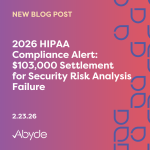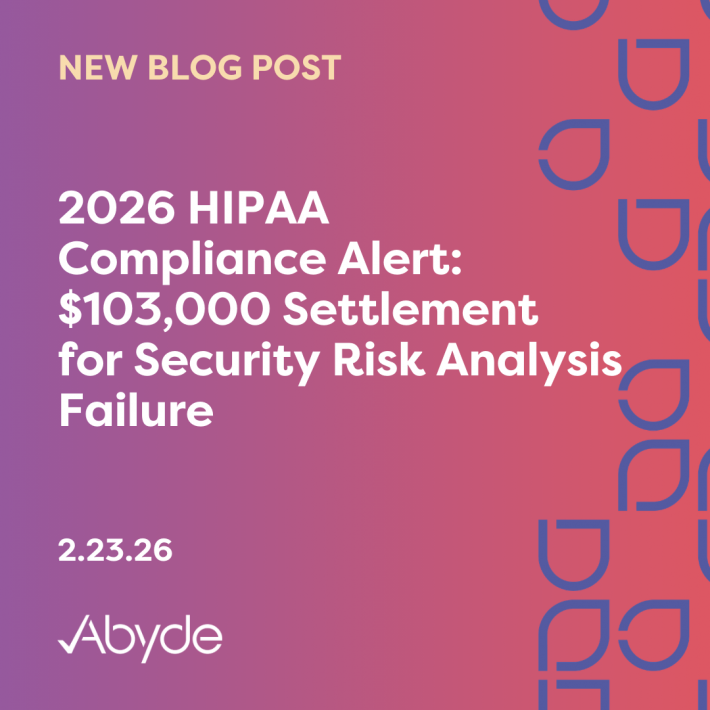May 21, 2024
As a healthcare provider, staying updated on evolving regulations is crucial to protecting your practice, its reputation, and its patients. But complying with regulations can be daunting; even the most diligent teams face challenges.
In light of the recent Change Healthcare Breach, it’s more important than ever for practices of all sizes to reevaluate their compliance approach.
This is where automated compliance software provides an excellent solution to streamline, simplify, and secure the process.
This blog post explores the benefits of intelligent software compliance programs for protecting your practice in place of manual compliance efforts and how software can help you succeed.
Top Five Reasons Why You Need Compliance Software
1: Automate Tasks & Reduce Manual Work
An average manual HIPAA audit can take anywhere from several hours to several months to complete. When patient care is the focus, this is wasted time.
Intelligent, user-friendly software assists practices in understanding the process and managing their time efficiently. With algorithms running the program, employees can dedicate more time to patient care, optimize workflow, efficiently schedule appointments, and reduce wait times.
2: Avoid Fines with Compliance Software
The average cost of a HIPAA fine in 2023 was $321,269.
In comparison, investing in software is much less expensive than a potential fine, saving practices hundreds of thousands of dollars with preventative measures.
Ensuring ongoing compliance is the key. Software simplifies necessary processes to ensure compliance, potentially reducing common infractions that result in fines and penalties.
3: Effectively Manage Risk
HIPAA is highly detailed and demanding, requiring practices to maintain meticulously documented and ongoing compliance programs.
With centralized documentation, integrated Security Risk Analysis (SRA), and automated ongoing risk monitoring, risk can be mitigated. Software can dynamically generate policies and reporting, streamlining cumbersome processes.
With thorough reporting, organizations can make informed decisions and proactively identify gaps. Stronger risk management protects practices against threats to their reputation, finances, and operations.
4: Develop a Thorough Understanding of Compliance
Understanding the regulations is essential for maintaining HIPAA compliance. Access to comprehensive training and up-to-date resources to ensure compliance is another advantage of software solutions.
Regular training establishes a foundation for your organization to foster a culture of compliance. Software companies also provide dedicated support teams to assist your practice with questions.
5: Stay Ahead of Regulations
The Office for Civil Rights is always improving and updating HIPAA rules to keep up with the latest technology and practices.
Melanie Fontes Rainer, the director of the OCR, recently discussed the HIPAA Security Rule, stating that HIPAA is technology-neutral and scalable, but it doesn’t reflect how we receive healthcare today.
This is particularly important considering the OCR has recently issued new HIPAA and online tracking guidelines. As technology advances, so does regulation.
Changes in regulations are challenging to keep up with. Alternatively, software is regularly updated to align with compliance changes, simplifying reviews of the evolving healthcare landscape. You can minimize risk and stay compliant by receiving the latest HIPAA updates from your software provider.
How Abyde can help
Manually managing HIPAA compliance can be risky and error-prone, leaving your practice exposed. Instead, you can easily navigate requirements and safeguard your practice while saving significant hours and costs. All while promoting a culture of compliance through staff education on regulations and requirements, it’s all possible with software by Abyde.
To learn more about ensuring your practice is compliant, email info@abyde.com and schedule an educational consultation.





